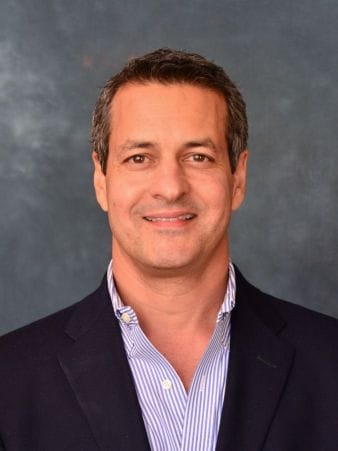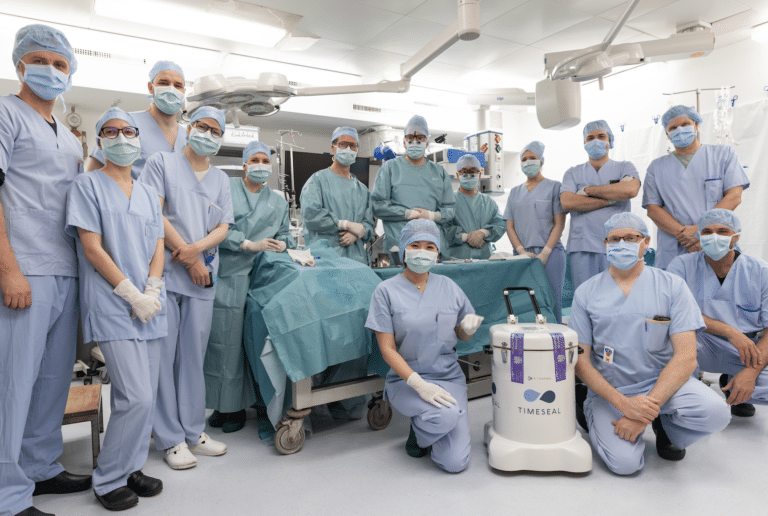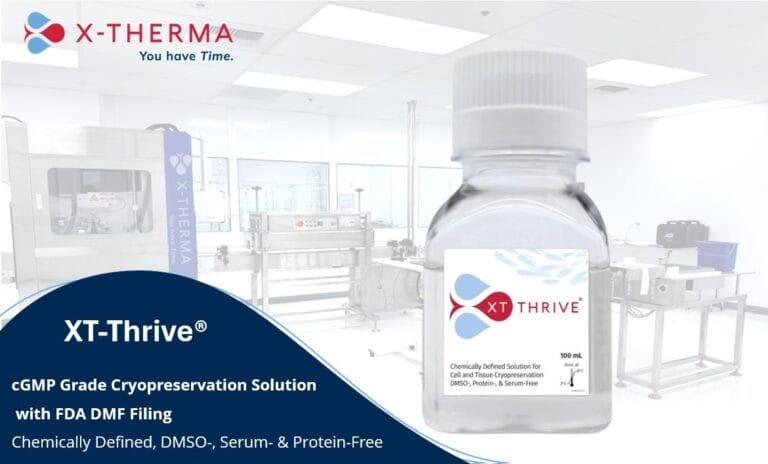X-Therma's Latest News
Read the latest news about X-Therma, Cryopreservation and Biopreservation.

X-Therma Showcases Groundbreaking Organ Preservation Technology at Johns Hopkins’ “Hopkins on the Hill” Event
Source: PR Newswire HERCULES, Calif., July 2, 2025 /PRNewswire/ — X-Therma Inc., a pioneering biotechnology company revolutionizing organ preservation and regenerative medicine, proudly announces its participation in

X-Therma Welcomes Biotech Veteran Neil Warma to its Board of Directors
X-Therma Inc., a pioneering biotechnology company focused on revolutionizing regenerative medicine through its innovative biopreservation platform, today announced the appointment of Neil Warma, a seasoned healthcare entrepreneur with over 25 years of experience in managing and advising numerous biotechnology and pharmaceutical companies globally, to its Board of Directors.

X-Therma Achieves World’s First Subzero Organ Transports: Multiple 48-Hour Transatlantic Journeys Support First Steps Toward Tackling Organ Waitlist
Surgeons successfully transported pig kidneys between Baltimore and Innsbruck five times using X-Therma’s FDA Breakthrough-designated subzero preservation technology

X-Therma Achieves GMP Commercial Readiness with XT-Thrive®
X-Therma Inc., a biotechnology company developing a breakthrough platform for regenerative medicine and organ preservation, has achieved GMP (Good Manufacturing Practice) commercial readiness with its flagship product, XT-Thrive®.

X-Therma Announces XT-Thrive® Drug Master File (DMF) Accepted by U.S. Food and Drug Administration (FDA)
X-Therma Inc., a biotechnology company developing a breakthrough platform for regenerative medicine and organ preservation, announces that the Food and Drug Administration (FDA) accepted a Drug Master File (DMF) covering its product, XT-Thrive®.

X-Therma’s $22.4M Series B Sets Stage to Transform Regenerative Medicine and Organ Transplantation
X-Therma Inc., a biotechnology company developing a breakthrough platform for regenerative medicine and organ preservation, has completed an oversubscribed $22.4 million Series B funding round.

Preserve Mammalian Cells At Ultra-Low Temperatures With XT-Thrive®
XT-Thrive® is a DMSO-free, serum-free, protein-free, and chemically defined cryopreservation media for the preservation of mammalian cells at ultra-low temperatures (-70° C to -196° C).

XT-ViVo® & TimeSeal® Multi-Day Preservation of Organs, Tissues And Cells
Learn how XT-ViVo® & TimeSeal® will enable multi-day preservation and remove time from the equation. The global shortage of transplantable organs is considered one of

Advancing Treatment For Type 1 Diabetes With Drs. Camillo Ricordi And Xiaoxi Wei
Dr. Camillo Ricordi may be a familiar name to anyone who has, or has known someone, with type 1 diabetes. As director of the Diabetes


